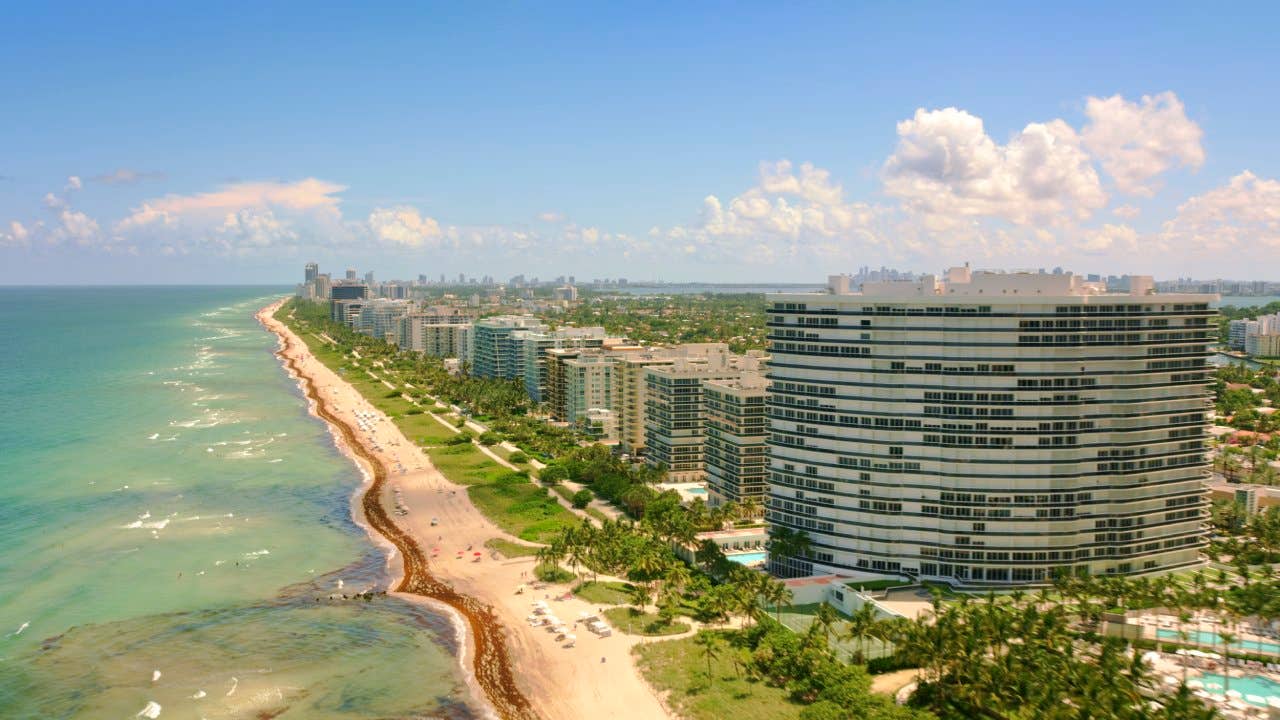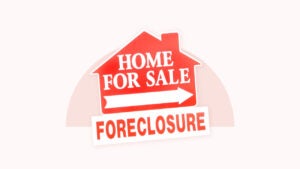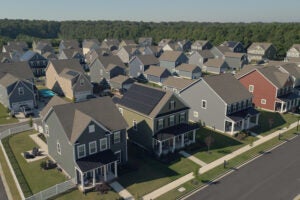Fannie, Freddie step up scrutiny for condo mortgages: Here’s what that means for buyers

What to know
- Fannie Mae and Freddie Mac, the two government-sponsored enterprises (GSEs) that back much of the U.S. mortgage market, have made some temporary condo loan rules now permanent.
- The guidelines, established in response to the Surfside, Florida, condo collapse, preclude unsafe communities from GSE financing.
- The rules help protect buyers from obtaining a mortgage for an at-risk condo. For some, however, they could also limit loan options.
More than two years after the collapse of an oceanfront condo tower near Miami, stricter condo financing guidelines continue to pose challenges for some borrowers.
Fannie Mae and Freddie Mac rolled out new rules cracking down on condo and co-op loans following the 2021 partial collapse of a Surfside, Florida, condo tower. Both government-sponsored enterprises ceased buying loans for condo units in projects where major repairs have been put off, or the condo association has been ordered by local authorities to resolve unsafe conditions. Fannie and Freddie recently made many of those rules permanent.
“Concerns about aging infrastructure have continued, including reports of projects with structural challenges that, in some instances, led to evacuations and condemnations,” Fannie Mae executive Jodi Horne stated on the company’s website in July.
As part of these tougher rules, Fannie Mae has relegated a reported 1,400 condo associations to a blacklist of projects where it won’t buy loans. The list isn’t publicly available, but when Bankrate obtained a copy in early 2022, about 1,000 properties were barred. Since then, that roster appears to have grown.
Rules bolster protections for condo buyers
There are an estimated 175,000 condo associations in the U.S., according to the Community Associations Institute. Those associations oversee millions of condo units — some, high-value penthouses, many retirement retreats, starter homes and investment properties.
After the Surfside collapse illustrated the dangers of poorly maintained condos, Fannie and Freddie began pushing associations to invest in repairs.
“They’ve identified lots of major issues on many properties,” says Orest Tomaselli, president of Project Review at CondoTek, a data company that analyzes condos for lenders. “In many ways, the agencies are right on track in identifying these issues.”
Tomaselli estimates that some 10 percent of condo projects nationally are “unwarrantable” — meaning the units in those don’t qualify for loans backed by Fannie and Freddie, the most popular type of mortgage.
The inability to get financing could save someone from buying in a community presenting serious risks.
“The increased rigidity of the guidelines have become a barrier,” says Tomaselli. “A lot of properties are falling into the category of unwarrantable — and that’s not a bad thing. There’s a consumer protection issue. I think these guidelines are very good for homeowners and for consumer protection.”
Rules also shut some buyers out
Earlier this year, Fannie Mae stopped lending on 6,100 units at Laguna Woods Village in Laguna Woods, California. The problem for that project — which includes many single-family homes — isn’t glaring maintenance issues, however.
It’s a $1 billion hole in its insurance coverage, says Jeff Lazerson, head of MortgageGrader.com, a mortgage brokerage in Laguna Niguel, California. In a time of rising climate change risk, insurance coverage is no longer as readily available in areas prone to disasters.
Since Fannie stopped buying loans at the project, the number of financed sales in the community slowed sharply, from 18 in April 2022 to four in April 2023, says Lazerson.
“This really hurts people,” says Lazerson. “What they need to do is to take a more practical approach before they blacklist these condos.”
If you’re buying a condo
In a housing market marked by affordability challenges, condos, including townhouses, often serve as an entry point for first-time buyers.In Florida, for example, the median price of condos and townhomes sold in the second quarter of 2023 was $325,000, compared to $418,000 for single-family homes, according to the Florida Realtors association.
For condo buyers, the rules add a new layer of complexity. If you need financing, you’ll not only need to find a lender, but also find out if the community you’re interested in allows for a conventional mortgage. Fannie Mae’s do-not-lend list isn’t public, but real estate agents and loan officers are often aware if a project has been added to the list.
Alternatively, you could see if you qualify for an FHA condo loan, but that type of mortgage comes with drawbacks, including property parameters and an additional cost for mortgage insurance. The U.S. Department of Housing and Urban Development (HUD), which regulates FHA loans, maintains a list of approved condo projects on its website.
If you still want to buy in a condo project with structural or financial red flags that Fannie and Freddie won’t back, you could also try to find a portfolio lender that offers non-warrantable condo loans. These mortgages aren’t resold to the GSEs; instead, they’re held in the portfolio of a lender, or sold to private investors.
Because of this, non-warrantable loans carry less stringent underwriting requirements around such issues as non-owner occupancy, condo association reserve levels and presence of short-term rentals.
They come with a notable downside, though, says Lazerson: The rates on non-warrantable condo loans are typically 2 percentage points higher than those on conventional loans. Still, if you need the flexibility, a mortgage broker can help you find a specialty lender in this area.
Why we ask for feedback Your feedback helps us improve our content and services. It takes less than a minute to complete.
Your responses are anonymous and will only be used for improving our website.






